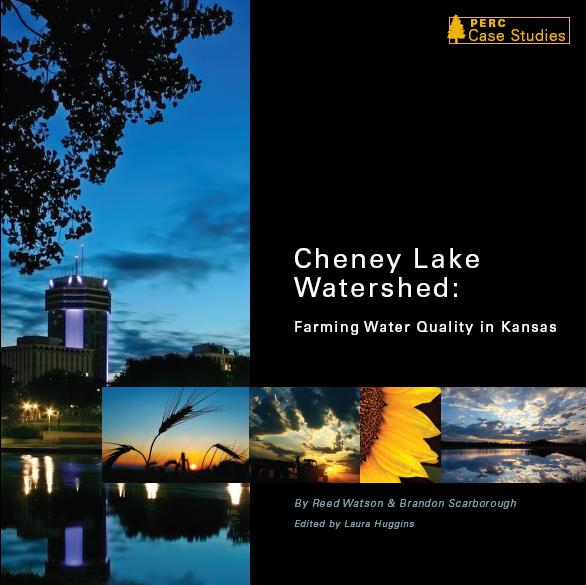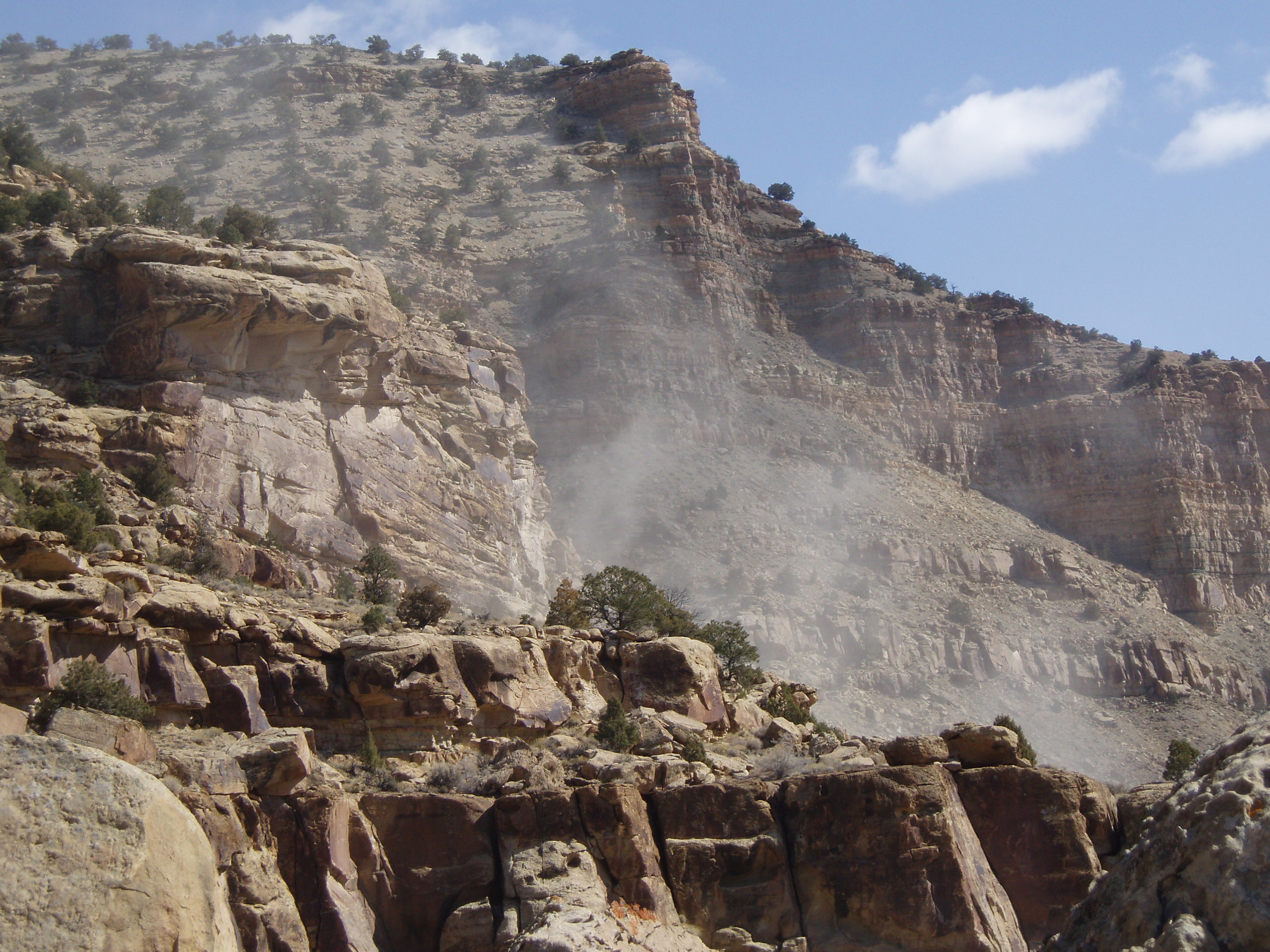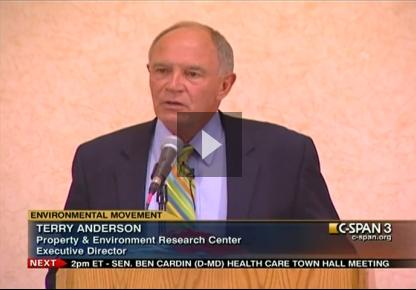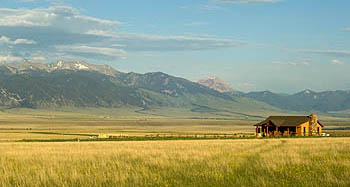[…] enhanced habitat for fish and wildlife. Partnering with the City of Wichita, a local conservation district, and state and federal agencies, area farmers have developed a watershed-wide plan to improve water quality by putting environmental outputs in the hands of the farmers. In the end, farmers improve their land use practices and their economic […]





